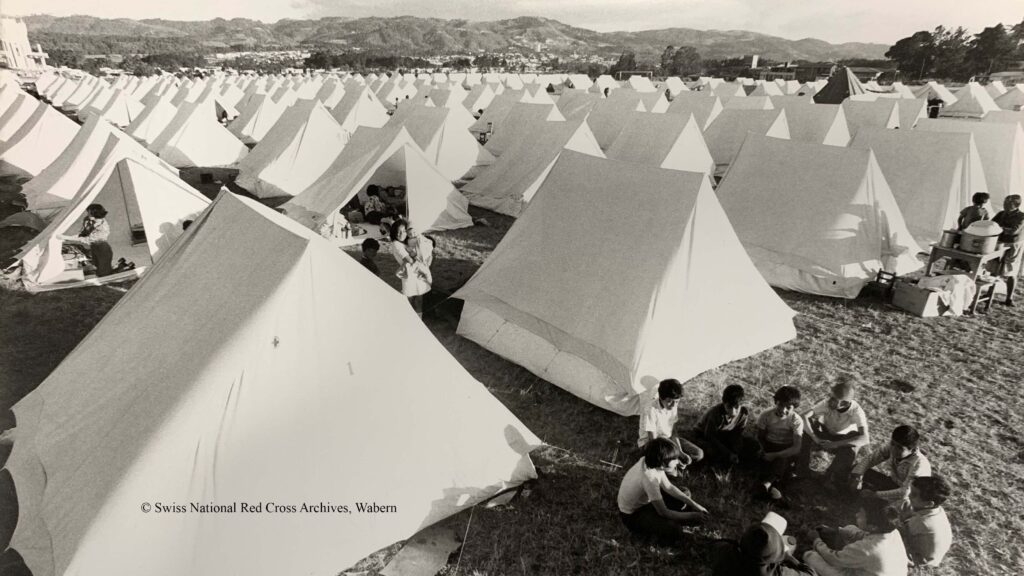
The architectural discourse on disaster relief has always been entangled with humanitarianism, but architectural humanitarianism is an imprecise concept that resides in the linkages between architecture and the two kinds of aid, humanitarian aid and development aid. The epistemological perceptions and the theoretical distinctions between these two kinds of aid became blurred with development aid supported by the 1947 Marshall Plan and the institutionalization of humanitarian aid with the 1949 Geneva Conventions and the founding of different United Nations (UN) bodies. This session is a call to rethink the architectural discourse on disaster relief from the inception of the International Committee of the Red Cross (ICRC) in 1863 to the present, taking the perspective of the entanglement between architecture, humanitarianism, and disaster relief. The session sets out to correct the canonical histories of disaster relief that are largely dominated by the narratives of UN interventions, instead exploring the collaboration between architects and humanitarian organizations, such as the League of Red Cross Societies (LRCS), the Religious Society of Friends (Quakers), and the International Rescue Committee (IRC), whose contributions have largely been overshadowed by the UN. The session aims to improve understanding of how these “forgotten” agencies approach disaster relief differently and, in the articulation of their approach, rely on spatial typologies designed by architects. Scholars are invited to scrutinize the various roles of architects in disaster relief over time—as imperial commissioners, state professionals, and humanitarian developers—and elucidate the way differences in mandate have impacted architectural ideologies and their main conceptions. By tracing how the notion of “disaster relief” has changed in the contexts of imperialism, colonialism, postcolonialism, and neoliberalism, this session will demonstrate how the ideas of racism, citizenship, and class are fundamental to discussing architectural “aid” typologies and the everyday built environment in disaster zones.
This session is organized by Dr. Cathelijne Nuijsink (ETH Zürich) and Dr. Fatina Abreek-Zubiedat (Tel Aviv University) for the Society of Architectural Historians (SAH) 76th Annual International Conference in Montréal, Canada, April 12–16, 2023. Please submit an abstract ( < 300 words) no later than 11:59 p.m. CDT on 7 June 2022 through the Society of Architectural Historians website.
Image caption + credit:
Red Cross intervention after the 1976 Guatemala Earthquake © Swiss National Red Cross Archives, Wabern
